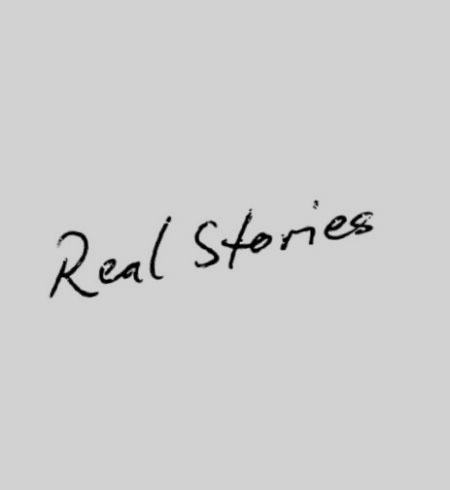Hear stories of hope and recovery from those with real experience. Or submit your own.

Where Grief Meets Growth – Rethinking Medical Training
I live in Burlington, Vermont right now, but I’m from Albany, New York.
I am a third-year medical student at the Lerner College of Medicine at the University of Vermont.
In November of 2019, I lost a close friend of mine. Her name was Gabby, and it was really hard to deal with that. She and her family were close to mine. Her older sister is one of my best friends, and I saw Gabby grow up since she was little.
She’s a few years younger than me. Gabby was 15, I believe. It was really hard to lose her, and to see my best friend losing her sister, and then her family really struggling with that, and everyone who knew her. She had a really big impact on the community back home in New York. She was really involved in a lot of different things, and I don’t think it was something that was expected. I guess something like this never really is.
The day that I found out that Gabby had taken her own life, I just remember the world stopping around me.
I felt like the wind had gotten kicked out of me.
Gabby was the type of person that was the life of the party. She was so nice to everybody. She made everybody, including me, laugh.
So, as I said before, I’m a medical student, and for a long time, I’d known that I wanted to become a physician. During my first year of medical school, I wanted to get involved in some research that was really a passion of mine, and I really wanted to make a tangible difference. So doing research regarding something like suicide prevention was really near and dear to my heart.
And when I was thinking up about what type of research I wanted to be involved with, I thought back to my friend Gabby, and how the day that we lost her, I was at her family’s house, and I was talking with her mom, and she’s telling me that that day when she passed away, her pediatrician called her mom and was like, ‘I’m so sorry I didn’t catch this. I’m sorry, I didn’t know.’ And she had just seen her pediatrician maybe a few weeks or a few months prior to her passing. And like I said, it’s not something that any of us expected. And so it’s that conversation that I had with Gabby’s mom the day she passed, it stuck with me. And when I wanted to think about research, that meant something to me,
I thought about Gabby, and I said, I want to make a difference with this. And through my medical education, I realized that we physicians aren’t really taught too much about suicide prevention, recognizing self-harm and risk factors. We’re taught about risk factors that are standard that anybody could look up on Google, but not much more.
So for my research that I’ve been doing since my first year of medical school, I’ve created an E-module that educates health care providers on how to recognize non-suicidal self-injury behaviors in young patients, namely adolescents and young adults, with the ultimate goal of preventing suicide.
Non suicidal self-injury, also known as self-harm, is basically different ways that individuals engage in to hurt themselves. People do this for a variety of different reasons. But young people, especially adolescents between the ages of ten and 24 years old, are the demographic that non suicidal self-injury or self-harm is most prevalent in. And that’s why it’s extremely important to recognize risk factors, and really assess if young people are engaging in those behaviors, because research shows that non suicidal self-injury is upstream of later suicide attempts. Non suicidal self-injury is correlated with later attempts of suicide.
My message to Vermonters regarding suicide and mental health is first and foremost to check on your happy and healthy friends. The people you cherish in your life that you may think might always be there, but you never know what someone is going through and struggling with. And whether you’re aware of it or not, it’s really helpful to check on someone because you never know.
And maybe that might be the time they open up, and maybe that’s the time that they can finally get help. Always check on your happy friends.
Checking in with somebody who you’re concerned about, their mental health or anything about them does not have to be a really hard thing to do. Send them a text, say, ‘hey, how are you?’ Start soft with the conversation and get into it, if you’re able to. It could be a text, it could be a call. If you want to go out for dinner, let’s go for coffee. Let’s go for a walk. It could be anything.
A big thing that has brought me some healing with dealing with Gabby’s loss is knowing that she’s no longer in pain. Although I’m really sad that she’s not here, and I will always wish that she still was. The other thing that brings me a lot of healing is still being connected with her family and doing the research and the work that I do to help prevent suicide and other people. Carrying that in my future practice as a physician is what holds her spirit with me close, and I hope that she’d be proud.
 Dial 988
Dial 988
 text VT to 741741
text VT to 741741

